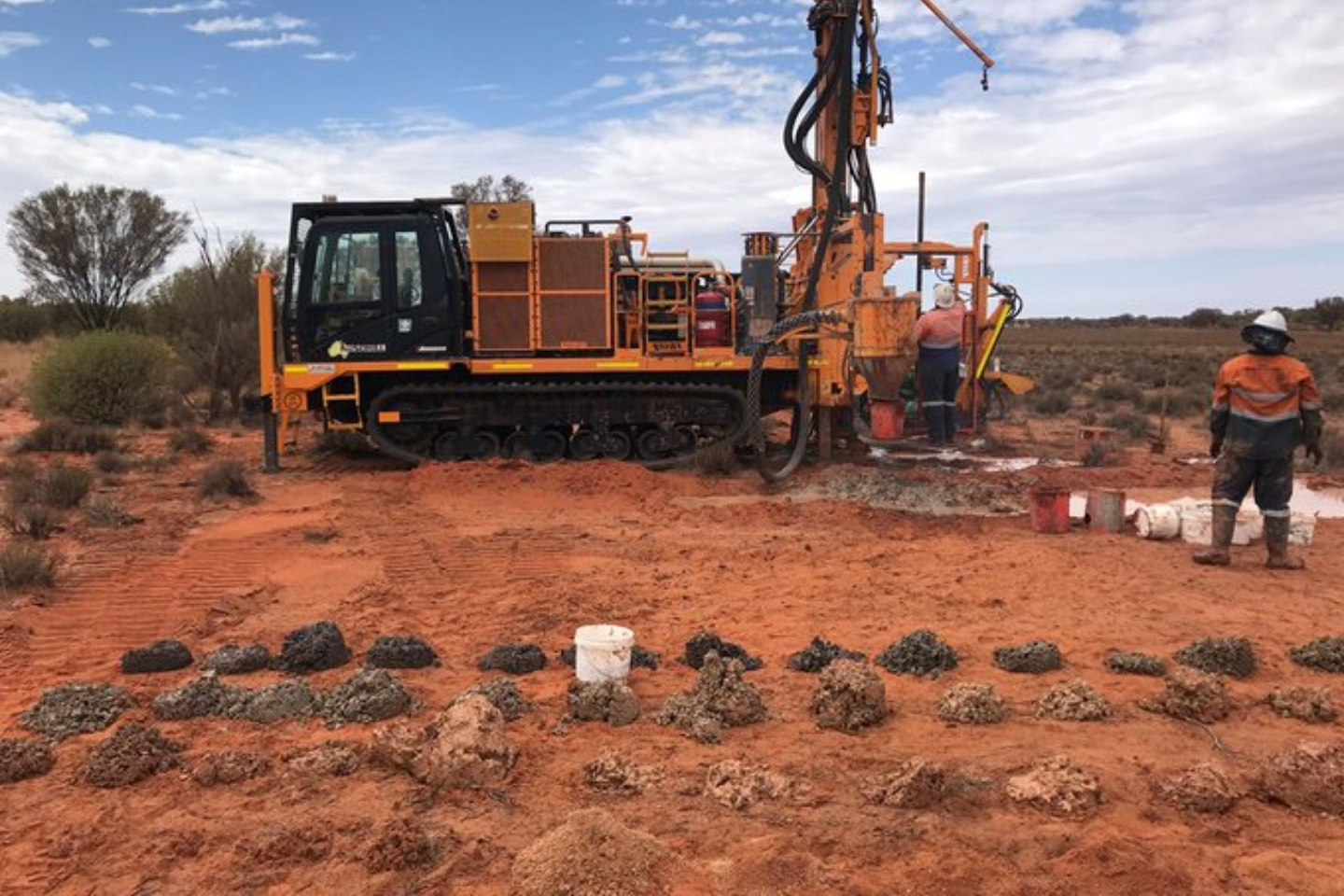ASX-listed Trigg Mining is eyeing a seat at the table amongst global sulphate of potash producers as it shifts gears from fertiliser explorer to developer. The company is progressing a pre-feasibility study to develop its flagship Lake Throssell project east of Laverton in WA that it says should see it muscle its way into the top ten SOP producers club globally.


ASX-listed Trigg Mining is eyeing a seat at the table amongst global sulphate of potash, or “SOP” producers as it shifts gears from fertiliser explorer to developer. The company is progressing a pre-feasibility study to develop its flagship Lake Throssell project east of Laverton in WA that it says should see it muscle its way into the top ten SOP producers club globally.
Potassium Sulphate is an essential fertiliser for high-value, chloride sensitive crops ranging from avocadoes to coffee beans and all things in-between. It is also essential for global food security and carbon farming.
Its value is highlighted by the price surge of high-grade, granular SOP in mid-2021 from US$550 per tonne to over US$900/t today. The company attributes the growth in price to higher crop prices, supply constraints and strong global demand.
Trigg Mining holds three SOP projects covering about 3,400 square kilometres of land 170 kilometres east of Laverton in the Eastern Goldfields of Western Australia.
Its flagship project Lake Throssell has a ‘drainable’ mineral resource of 14.4 million tonnes at 10.4 kilograms of potassium sulphate per cubic metre. Trigg has also tabled a further exploration target for the project of 2.6 to 9.4 million tonnes running between 9.5 and 10 kilograms of potassium sulphate per cubic metre.
At just US$249 per tonne to produce, Trigg says it is at the lower end of the global C1 cost curve in the industry and its projection that it should be able to produce enough SOP a year to put it in the top ten, Trigg is shaping up well in the marketplace.
The project is showing an NPV of $364m for a CAPEX of $378m.
Notably the company says it can make just shy of $100m a year in EBITDA from Lake Throssell over its projected 21-year mine life.
Trigg is well funded with $7 million and is planning to spend it on the end of the drill bit this year in addition to undertaking evaporation trials for the pre-feasibility study.
The company plans to produce an estimated 245,000 tonnes of SOP per annum using the primordial process of evaporation.
A high evaporation rate is one of the many beauties bestowed upon Western Australia and it is something Trigg plans to take full advantage of. The company makes the comparison to competitors on other continents operating on an evaporation rate of about a metre a year, whereas in Western Australia, Trigg says it will be able to evaporate three to four metres of mineral rich water a year.
Environmentally, Trigg expects to leave a tiny footprint upon mine closure as there will be no large open pit and no rock waste dump making for an easy rehabilitation. Additionally, SOP is a natural product and will have low greenhouse gas emissions.
It is unlikely the world will ever have a shortage of hungry mouths to feed and with the agriculture sector always on the look out for ways to boost production, Trigg looks to be timing its run well. Given the price of Sulphate of Potash has increased 76 percent over the last 12 months any move into production should carry rich rewards.
Is your ASX-listed company doing something interesting? Contact: matt.birney@businessnews.com.au











